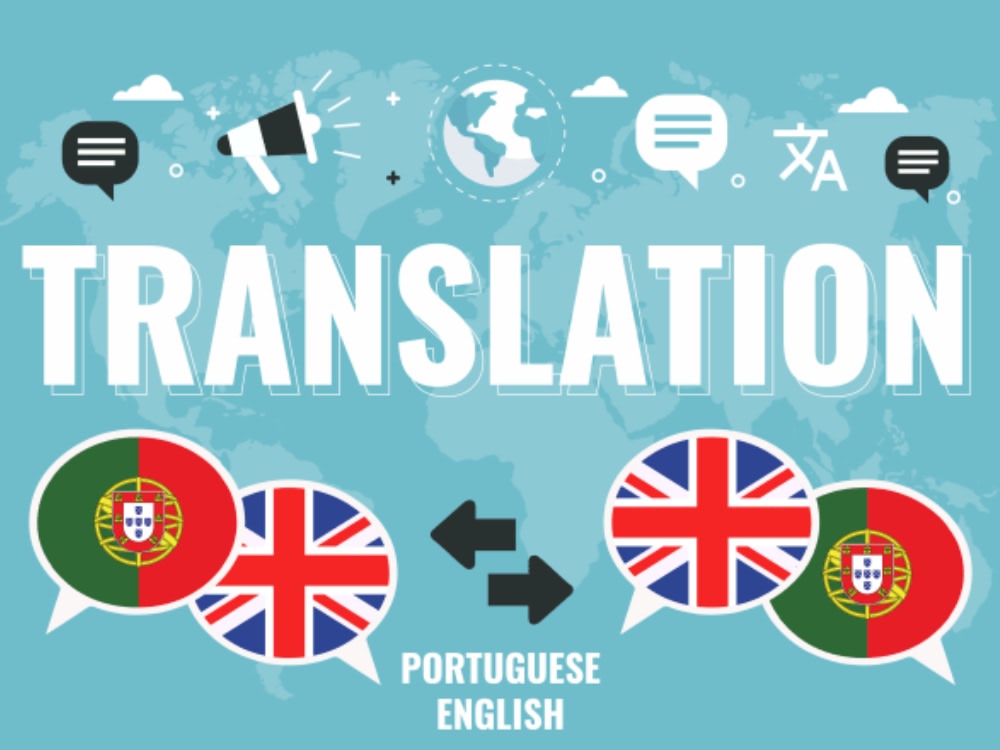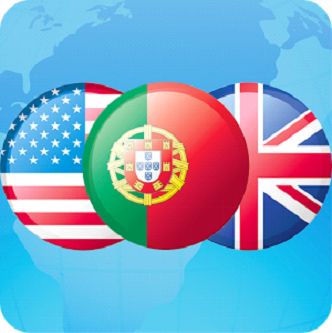Attain Precision in English To Portuguese Translation for Technical Terms
Attain Precision in English To Portuguese Translation for Technical Terms
Blog Article
Top Tips for Perfect English to Portuguese Translation Services
Achieving remarkable English to Portuguese translation needs more than plain word-for-word conversion; it requires an understanding of linguistic ins and outs and cultural subtleties. Selecting certified translators that are both proficient and culturally mindful is vital - English To Portuguese Translation. What other important factors should be taken into consideration to boost translation top quality further?
Understand Cultural Nuances
When equating from English to Portuguese, realizing the social nuances is vital for producing a accurate and resonant text. The Portuguese-speaking globe varies, encompassing various areas, each with its distinctive custom-mades, expressions, and social norms. A translator must be in harmony with these subtleties to ensure that the translation not just communicates the designated message however additionally reverberates with the target market.
For example, idiomatic expressions in English may not have straight counterparts in Portuguese. An expression that functions well in one culture could result in confusion or misinterpretation in one more. Recognizing regional languages and variants, such as those located in Brazil and Portugal, is essential; words may hold different undertones or usages depending on the place.
Furthermore, social context plays a considerable duty in translation. Ultimately, a comprehensive understanding of cultural nuances is vital for providing translations that are not only linguistically exact however likewise culturally appropriate and appealing.
Select Qualified Translators
Picking certified translators is a crucial action in making certain the precision and high quality of English to Portuguese translations. A translator's expertise not just incorporates language effectiveness however likewise a deep understanding of social context, colloquial expressions, and industry-specific terms. When picking a translator, focus on those with official training in translation research studies or grammars, as well as pertinent certifications that show their specialist competence.
Experience plays a pivotal duty as well; translators concentrating on certain fields-- such as lawful, clinical, or technical-- are more probable to provide precise translations customized to the sector's requirements (English To Portuguese Translation). Additionally, consider their portfolio and customer testimonies to analyze their previous job quality and integrity
Engage translators that are indigenous Portuguese audio speakers, as they have an inherent understanding of the language's nuances and local dialects. This knowledge boosts the translation's credibility and effectiveness.
Usage Contextual Referrals

When converting, it is important to recognize colloquial expressions and social references that might not have straight equivalents in Portuguese. As an example, specific phrases that resonate in English might require adaptation to convey the very same emotional weight or cultural value in Portuguese. Employing contextual references can aid translators choose the appropriate terms and style, therefore boosting the overall clearness and influence of the translation.

Focus on Localization
Localization plays an important duty in the translation process from English to Portuguese, as it makes sure that the converted material is culturally appropriate and pertinent to the target audience. English To Portuguese Translation. This process exceeds plain translation; it involves adapting the material to the social, social, and linguistic subtleties specific to Portuguese-speaking regions
Comprehending regional expressions, personalizeds, and choices is crucial. For instance, specific expressions or references that reverberate with an English-speaking target market might not have the same influence on Portuguese audio speakers. It is important to take into consideration regional variants, such as Brazilian Portuguese versus European Portuguese, as each has unique vocabulary and stylistic distinctions.
Furthermore, localization encompasses formatting, such as day and time formats, currency, and measurement devices, which can vary considerably throughout societies. This focus to information cultivates a connection with the audience, improving involvement and understanding.
In addition, utilizing regional dialects and slang can give credibility, making the material more relatable. By concentrating on localization in English to Portuguese translation, businesses can effectively connect their message, construct trust with their audience, and inevitably accomplish their intended purposes.
Review and Edit Thoroughly
Comprehensive evaluation and editing are essential action in the translation process, specifically when converting English web content right into Portuguese. This stage makes click over here now sure that the translated product not only preserves the initial meaning yet also resonates well with the target market. Provided the linguistic and social nuances, a thorough technique to evaluate and editing and enhancing is vital.
Begin by contrasting the initial English text with the Portuguese translation, paying very close attention to terms, tone, and context. It's crucial to make sure that cultural referrals and idiomatic expressions are suitably adapted for the Portuguese target market. Involving a second translator or a native speaker for this evaluation process can offer indispensable insights and capture mistakes that may have been overlooked.
Additionally, look for grammatic precision and stylistic uniformity throughout the paper. Typical challenges such as uncertain phrases or incorrect cognates ought to be dealt with to stay clear of misinterpretation.
Conclusion
Attaining remarkable English to Portuguese translation solutions demands a thorough approach that incorporates understanding social nuances, choosing qualified translators, using contextual referrals, focusing on localization, and performing detailed evaluations and edits. Each aspect plays an important role in making sure that translations are not just accurate yet additionally resonate with the target audience. By executing these approaches, organizations can improve the performance of their interaction and promote a much deeper link with Portuguese-speaking target markets.
Achieving phenomenal English to Portuguese translation needs even more than plain word-for-word conversion; it requires an understanding of etymological ins and outs and social subtleties.Choosing qualified translators is an important step in making sure the precision and top quality of English to Portuguese translations.Comprehensive evaluation and editing and enhancing are vital steps in the translation procedure, especially when transforming English content into Portuguese.Begin by contrasting the original English text with the Portuguese translation, paying close focus to context, terms, and tone.Accomplishing outstanding English to Portuguese translation services necessitates an extensive technique Click Here that encompasses understanding social nuances, selecting certified translators, making use of contextual recommendations, prioritizing localization, and performing detailed testimonials and edits.
Report this page